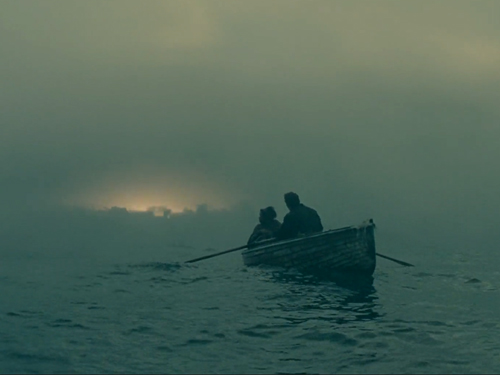Mark Fisher
Mark Fisher (1968–2017) was a British writer and cultural theorist. Fisher emerged from the Cybernetic Culture Research Unit, a collective that sprang from the philosophy department of Warwick University and was initially founded by Nick Land and Sadie Plant. He completed a PhD at the University of Warwick in 1999. In 2003, Fisher started blog writing under the alias “k-punk”, exploring a more flexible, non-restricted way of writing on popular culture, music, film, politics and critical theory. Fisher worked as a lecturer on Aural and Visual Cultures at Goldsmiths College. He was also one of the principal founders of Zero books and was associated with Interference: A Journal of Audio Culture and The Wire. In 2009, Fisher published his most acclaimed work, Capitalist Realism: Is There No Alternative? (2009), in which he describes how capitalism has successfully presented itself as the only realistic political-economic system and as a lived ideological framework. Four years later, Fisher wrote the controversial essay Exiting the Vampire Castle, a rebuttal on so-called call-out culture, referring to the moralising tendencies of the left which create a toxic public sphere dominated by guilt and self-loathing. His other publications include Ghosts of My Life: Writings on Depression, Hauntology and Lost Futures (2014), in which he popularized Derrida’s concept of hauntology, and Post-Punk Then and Now (2016), co-edited with Kodwo Eshun and Gavin Butt. His last work, The Weird and the Eerie (2017), and a collection of his blog writing entitled k-punk: The Collected and Unpublished Writings of Mark Fisher (2004–2016) (2018) both appeared posthumously.


